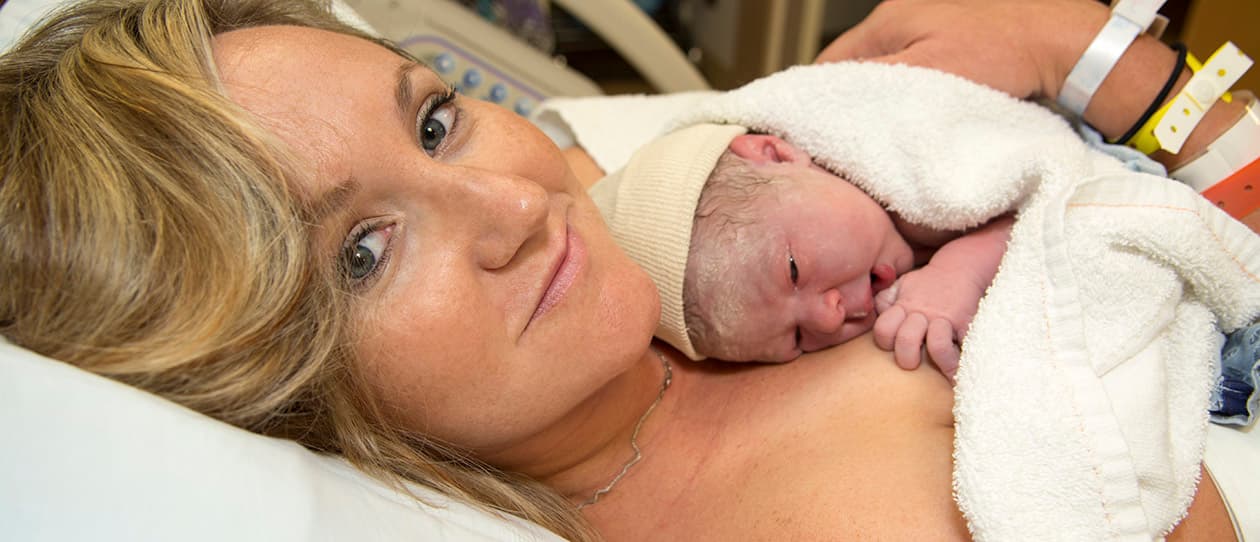
- Health hub/
- Resources for Pregnancy and Preconception/
- A short history of birth practices


Ancient birth practices were filled with magic and reverence, women as the creators, life givers and gateways to the sprit realm held immense influence in their communities. Birth was seen as a women’s only domain and strict guidelines prevented men from taking part in this particular ceremony. The wise women of the community, often the elders and those skilled in herb law, magic or ritual would have been present. Amulets, incantations and distractions based on the mother’s connection to her family group and to her Earth were the pethidine and epidurals of the past. Women were seen as the bringers of life and were deeply connected to their deities and gods. In nature-worshipping cultures birth was the highest manifestation of the divine and was viewed in a joyous, holy and celebratory space.
The beautiful fertility symbols and statues of the ancient cultures of the Mayans, Aztecs, Hindus and Egyptians all demonstrate this. Flowing rounded forms, bellies, hips and breasts, women looking towards the heavens as life springs forth from within them. All birth was seen in this wondrous light. Completely omitted is any indication of pain, trauma or even death. These images seem to be religiously charged, an act of worship and veneration was taking place. Birth was likened to the rising of the sun and the mother to the likeness of the goddess herself.
The first to study and attempt to make written record of childbirth came from the Grecian schools of medicine led by Hippocrates and Aristotle as early as 400BC. Their observations and notes recorded nothing on ‘pain’. Texts talk of how to support and keep calm a birthing mother with an emphasis on mind/body connection, breathing and deep relaxation. If required, known herbs were given for relaxation only, and birth was not attended by physicians but by midwives and assistants.
The ancients lived the celebration of birth as a deeply creative and religious experience. They had no options as to how they would birth and instead leaned heavily on their faith in nature spirits or heavenly assistance. There were no due dates or time frames to adhere to and labour itself was generally viewed as a positive and indeed healthy requirement for all women. Women took great responsibility for their health during pregnancy, ‘maintaining a healthy weight and good colour’ to facilitate the best delivery and the production of a vigorous and healthy child. The woman would lean on her spiritual life to uplift and guide her, she would apply the teachings of the wise women of the community and would have generally enjoyed the trust, support and knowledge of all the women who had walked this path before her.
Our guest blogger, Yolande Hyde, is a prenatal yoga instructor, a qualified doula, and runs Avalon Yoga studio as well as Barefoot Birth Services. She teaches holistic childbirth preparation courses and helps women to achieve trust and confidence through yoga and breath work. She is also a guest blogger on Miranda Kerr’s KORA website.




